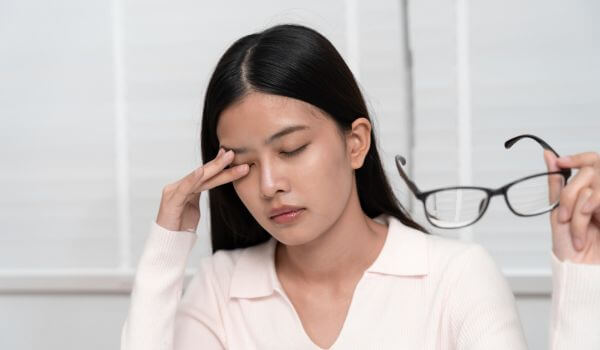Sinequan / Gilex (generic name: doxepin) is prescribed to treat mental health conditions such as depression and anxiety, and also certain types of chronic sleep problems.
Doxepin belongs to a group of drugs called tricyclic antidepressants, which are known for their ability to help improve mood, reduce nervousness, and assist with sleep regulation. Doxepin affects how certain natural chemicals, such as serotonin and norepinephrine, work in the brain, helping to restore emotional balance and reduce symptoms of distress.
In people with depression, Gilex is used to help lift mood, reduce feelings of sadness or hopelessness, and increase interest in daily activities. It is often prescribed when symptoms are moderate to severe or when other treatments have been ineffective. It can also be helpful for those who experience both depression and anxiety at the same time, offering relief from both emotional and physical symptoms like restlessness or racing thoughts.
For individuals dealing with anxiety disorders, doxepin may help by easing constant worry, tension, or feelings of fear. It can support mental calmness and improve sleep quality, which is often affected by anxiety. When taken as part of a long-term treatment plan, it may reduce the frequency and intensity of anxious episodes.
Sinequan is also used in some cases to help with chronic sleep maintenance problems, which involve waking up frequently during the night or having trouble staying asleep. It works by blocking the action of histamine, a natural substance in the brain that promotes wakefulness. This effect makes doxepin especially useful for improving the quality and length of sleep in those who struggle with interrupted sleep patterns.
In addition to its main uses, doxepin has prescribed off-label for conditions like skin itching caused by chronic hives or nerve-related discomfort, although these uses are less common. The medicine is part of a broader treatment plan that may include talk therapy, lifestyle changes, or other medications.
Dosage
It is essetial to follow the dosage instructions printed on the label of the box.
Doxepin doses vary depending on the condition treated and doctors often start seniors on lower doses due to sensitivity:
- For depression or anxiety, the typical starting dose is 75 mg per day, usually split into three doses (e.g., 25 mg morning, afternoon, and bedtime). The dose may increase up to 300 mg/day under medical guidance.
- For sleep maintenance, much lower doses (3 – 6 mg at bedtime) are used to help keep people asleep.
Capsules should be taken with water, at the same time each day. The contents of the capsules should not be mixed with food.
If a dose is missed, it should be taken as soon as remembered, unless the next dose is due within a few hours. In that case, the missed dose should be skipped. Never double the dose.
Storage
Gilex capsules should be stored at room temperature (59–86°F / 15–30°C), away from moisture and direct light. Keep in the original container, tightly closed, and out of reach of children.
This text is for informational purposes only. Please consult a doctor or pharmacist before using any medication.
Read the information leaflet that comes with the medication.
Most people who use Gilex / Sinequan do not experience any adverse side effects. Doctors prescribe this medication because they assess the benefits of such treatment outweigh any likely unwanted effects.
Some of the side effects that have been reported include drowsiness, dry mouth, constipation, dizziness, blurred vision, and weight gain. Some users also reported sleepiness at unusual times, tingling, or headaches.
Important warning: Gilex / Sinequan may also raise the risk of suicidal thoughts, especially in people under age 25, so close monitoring is important at the start or after dose changes.
Older adults may be more sensitive to the side effects and may also need close monitoring.
Not all side effects are listed here. If these or other unlisted symptoms persist or worsen, consult a healthcare provider or pharmacist.
Gilex / Sinequan is approved to treat major depressive disorder, anxiety, sleep maintenance issues, and chronic hives. In depression and anxiety, doxepin helps balance chemicals in the brain to improve mood and reduce worry. For sleep maintenance, low doses help people stay asleep without morning grogginess. In chronic hives, it eases itching by blocking histamine. It’s taken under supervision, with the dose tailored to the specific condition and patient health.
Although not officially approved for these, doctors sometimes use doxepin for nerve pain, panic disorder, or gastrointestinal discomfort linked to anxiety. In these cases, the medication may help by calming nerve signals or reducing tension.










